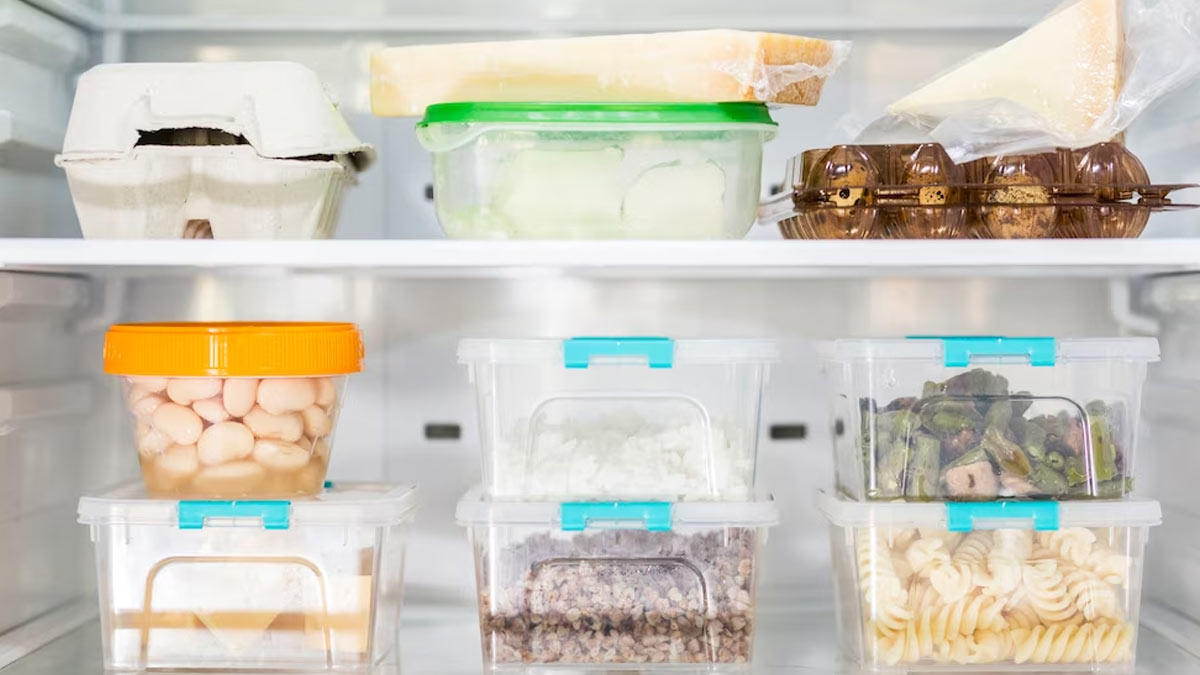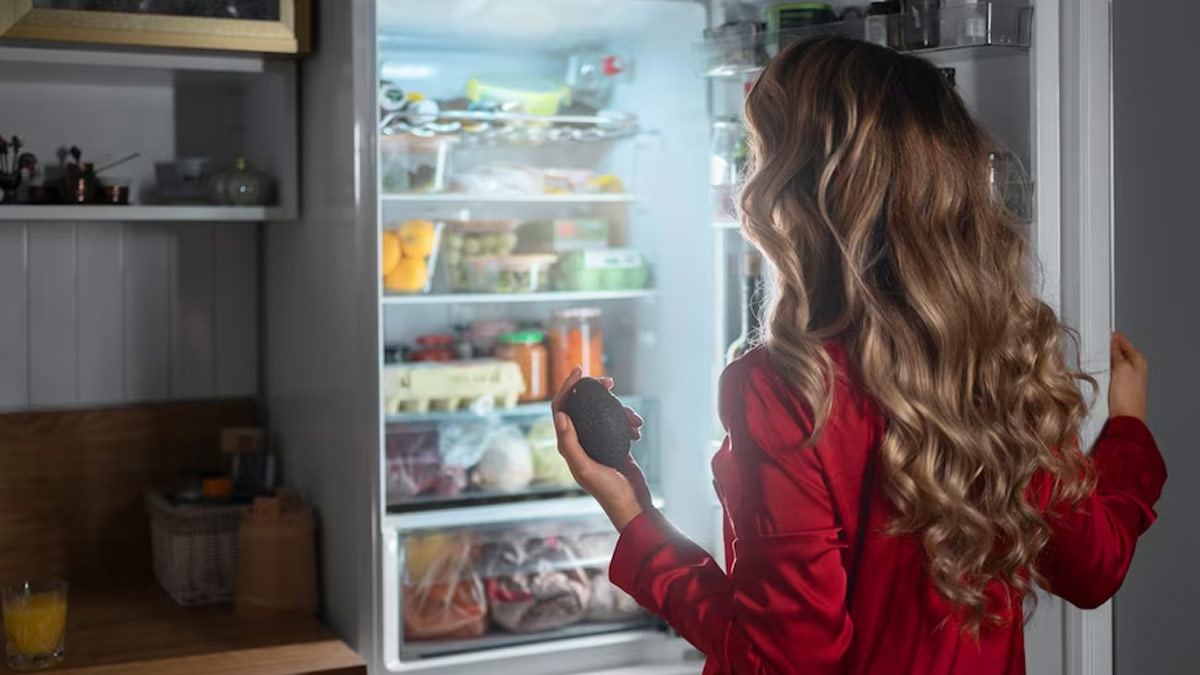
Every year, 68,760,163 tonnes of food, which is equal to 50 kg per person, are wasted in Indian households, according to a food wastage index report released by the United Nations Environment Programme (UNEP). Worldwide, it is over a third of all food produced, which is equal to 2.5 billion tonnes of food wastage. The Food Wastage Footprint and Climate Change suggest that global food loss and waste contribute to 4.4 GtCO2 eq, or about 8% of total anthropogenic GHG emissions every year, leading to global warming and climate change.
Table of Content:-
Now you may wonder what you can do to bring a change. How you can make a difference. The steps may seem small, but it is a start. Here’s all you need to know about safe food storage and minimal wastage.
Also Read: Key Distinction Between Ultra & Processed Foods
Use Airtight Containers For Leftovers

When it comes to leftovers, do not leave them out in the open and refrigerate them promptly. Use airtight containers or wrap them tightly with plastic wrap or aluminium foil. Ensure that there are no leaks in the container. Leftovers can be stored in the refrigerator for 3-4 days. Label containers with the date to track their freshness.
Follow ‘First In, First Out’ Rule
Always eat the oldest food in the fridge first. Whatever goes in first, should be consumed earlier. It is a food storage practice that promotes food safety and minimises food waste. By consuming items with earlier expiration or use-by dates, you reduce the risk of eating spoiled food. In addition, it ensures that nothing gets forgotten at the back of the fridge, ultimately helping you make the most of your groceries and reduce food waste.
How To Store Meat, Fish, and Poultry

If you wish to store meat, fish, and poultry in the fridge, leave them in their original packaging or tightly wrap them in plastic to prevent leaks and cross-contamination. Place them on the lowest shelf where it's coldest, and use or freeze them within a few days. For fish, set the fridge to just above freezing to maintain freshness.
Keep Fruits And Vegetables Separate
While you may feel tempted to keep all the vegetables and fruits together, it is important to separate each one of them when storing them in the fridge. This is because they release different gases. Fruits like apples and bananas release ethylene gas, which can cause vegetables to ripen and spoil faster. By storing them separately, you can extend the freshness of both and prevent premature spoilage.
Also Read: 6 Instant Energy Providing Foods To Beat Weakness
Put Herbs In A Glass Of Water

When it comes to storing herbs, there are a few steps to keep in mind. Firstly, rinse the herbs gently in cold water and pat them dry. Then, trim the stems if needed. Next, wrap the herbs in a slightly damp paper towel to maintain moisture without making them soggy. Finally, place the wrapped herbs in an airtight container. Leave some passage for airflow. Store the container in the vegetable crisper drawer of your refrigerator. This method should keep your herbs fresh for up to a week.
Bottomline
To contribute to minimal food wastage, it is important to ensure safe food storage. Not only does it maintain freshness, but also helps foods last longer and remain safe for consumption. It's essential to organise your kitchen with a "first in, first out" approach, along with keeping fruits and vegetables separate, which can help reduce waste and save money. So next time you have leftovers, make sure to follow these hacks for a fresher food experience.
Also watch this video
How we keep this article up to date:
We work with experts and keep a close eye on the latest in health and wellness. Whenever there is a new research or helpful information, we update our articles with accurate and useful advice.
Current Version